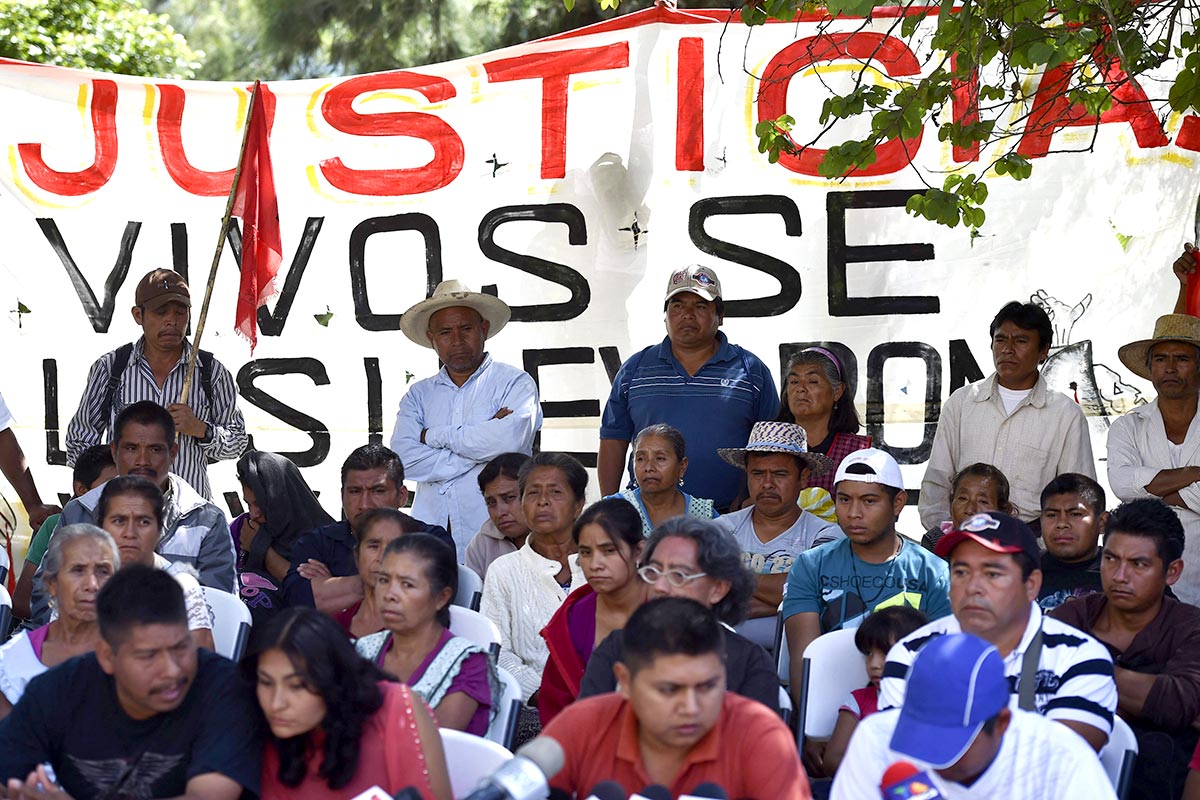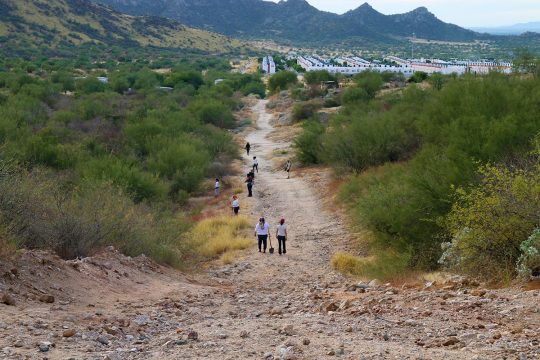
On the night of September 26, 2014, 43 students disappeared from the Ayotzinapa Rural Normal School in the state of Guerrero, approximately 300 km south of Mexico City. Initially, the state authorities said they were abducted and killed by a local gang, the Guerreros Unidos. However, later investigations found that the operation involved not only the gang members but also police at the local, state and federal levels. Over ten years on, only two bodies have been identified and the crime continues to shake Mexico.
Our partners at Asymmetrical Haircuts have a special guest to talk about this case: Omar Gómez Trejo, the former lead prosecutor of the special criminal unit created to investigate the Ayotzinapa case. Gomez Trejo left Mexico after mounting pressure on him and on the investigation by President Andrés Manuel López Obrador. He is now a visiting scholar at the Human Rights Center at the Law School in Berkeley University, US.
It is estimated that 117,000 people are currently missing in Mexico, a country where 85% of crimes remain unsolved. The 2014 students case stands as the most infamous one, where the families have been central to not giving up on justice.
 ASYMMETRICAL HAIRCUTS
ASYMMETRICAL HAIRCUTS
This podcast has been published as part of a partnership between Justice Info and Asymmetrical Haircuts, a podcast on international justice produced from The Hague by journalists Janet Anderson and Stephanie van den Berg, who retain full control and independence over the contents of the podcast.





